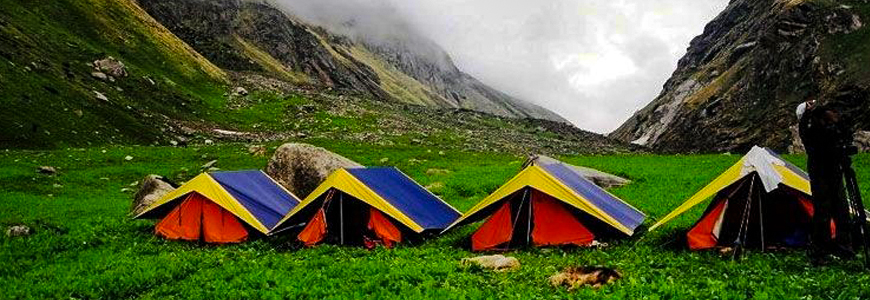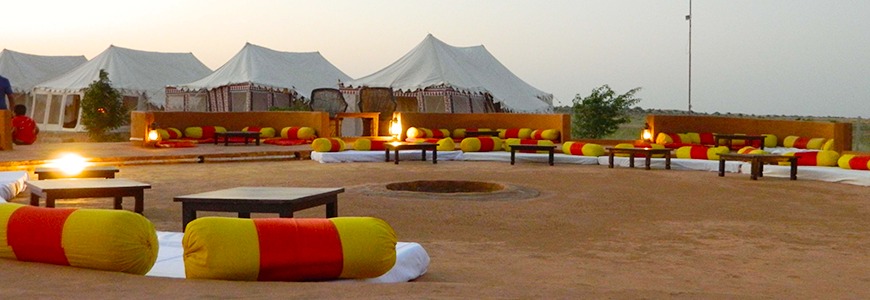Camping is Safe
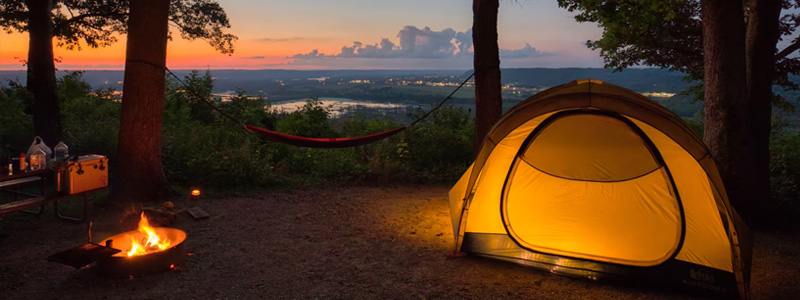
Camping in the great outdoors sounds so fascinating, and there is so much to love about the same. Some of the reasons to pack and head for the bush can be the fresh air, the sounds of nature, bushwalks and the escape from digital devices.
Camping is an enjoyable and safe activity, but some things can be taken care of to maximize safeness during a fun-filled weekend or adventurous week-long trip. Here is some guidance on how to make the most of your next camping trip by preserving yourself and everyone else in the group secure and comfy.
- Choose the right shelter and site: To reserve the right type of shelter and campground site, it is suggested to consider the age, physical limitations and medical needs of all the campers. Based on the choice of site, there are various options for amenities available.
- Stay up-to-date with the weather: Most noteworthy, it is explicitly crucial to keep an eye on the weather forecast before your camping trip. It is important to know that weather is unpredictable and can change within the hour.
- Pack and store food safely: Avoid any position to increase the chances of attracting wildlife by leaving food out on picnic tables or anywhere not secured. Hence it is suggested to pack your food in tight, waterproof containers and store them in an insulated cooler, to prevent unwanted confrontations with an animal. Also, make sure to wash your hands and separate raw food from cooked meals, to avoid food-borne illnesses.
- Practice campfire safety: While indulging in a campfire make sure that the fire is at least 15 feet from the tent walls, shrubs and trees. Most noteworthy, maintain the fire small and possessed in a designated area like a fire pit. Also, never leave a fire unattended, always preserve a water bucket nearby and set the fire out before departing or going to sleep.
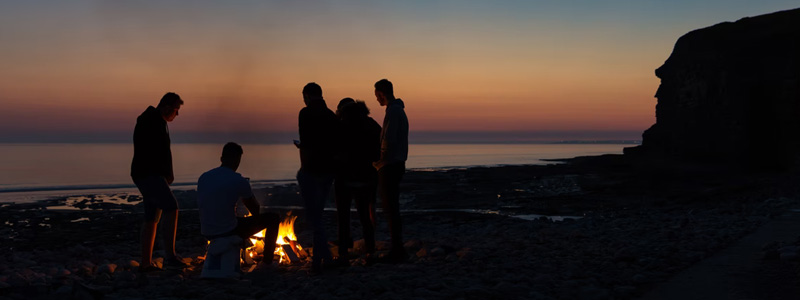
- Use Insect Protection: To protect yourself from mosquitos, ticks and other insects, use insect repellent that does not dissolve easily in water. Make a note to check for ticks daily, especially in unsuspicious areas of the body. Also, to avoid direct contact with insects, it is recommended to wear long-sleeved shirts and long pants when hiking.
- Carry a First Aid Kit: Packing medications for any known allergies is surely a smart way to prepare for any unexpected encounters. Keep a first aid kit handy and watch for dizziness, laboured breathing and swelling around bites or places where plants or insects may have been in contact with your skin.
- Protect your skin from the sun: It is a misconception thinking that UV rays are absent on cloudy days, but they can burn your skin just as severely as on a sunny day. Midday hours are when the sun’s rays are the strongest, hence, seeking shade, wearing a hat or putting on sunglasses can help protect you from the UV rays.
- Stay Hydrated: Staying hydrated does not mean drinking when you are thirsty. One should make sure to drink ample water at regular intervals throughout the day, even if you do not think you are thirsty. If you feel thirsty, chances are that you are already dehydrated.
- Watch out for wildlife: To prevent attracting unwanted wildlife store your food in a car, a bear-safe container or food storage locker. While camping in the wilderness, avoid touching and feeding animals. In case if you do come in contact with any animals, wash your hands thoroughly with soap and water.
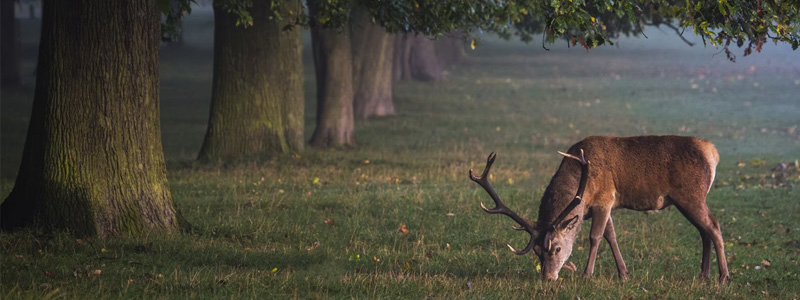
- Have fun and remain alert: Camping is surely a fun experience, but while enjoying the same it is also imperative to pay attention to your body. Keep an eye on what your body needs and how it reacts to the environment. Hold your wits about you, get an abundance of sleep and restrict your alcohol intake.
To conclude, camping is safe and fun, campers just have to take of certain things before their trip:
- Check your vehicle before the trip and make sure it is in good condition for any mountainous or desert road conditions you may encounter.
- Comprehend the sorts of wildlife to anticipate in the area by going online.
- Make sure your camping equipment is in good shape.
- If you have any medical conditions, check with your health care provider for approval and pack the prescribed medication.
- Check your first aid kit to ensure contents have not expired.
- Review the skills, equipment and supplies you will need for the recreational activities you are planning.
- Reach early to the camp location, so you have a quantity of time to inspect your campsite and set up camp before dark.
And at the campsite:
- Check your campsite for potential hazards, such as ant beds, poison oak, nearby cliffs, etc.
- Take precautions to protect your food and equipment from bears and other animals in the wilds.
- Construct your tent at least 15-feet upwind from grills and fires. Preserve at least 3 feet of clear area around the tent, free from leaves and dry grass.
- Only try to use battery-operated lights in or near tents. And never use heaters that radiate carbon monoxide in the tent or camping vehicle.
- To avoid tripping, mark tent stakes and poles with bright fabrics or tennis balls.
There is nothing to worry about camping, it is safe. But there is no harm in being prepared for any kind of situation that may occur in the process. These tips are surely going to make your camping experience more comfortable.

 Add More
Add More 


